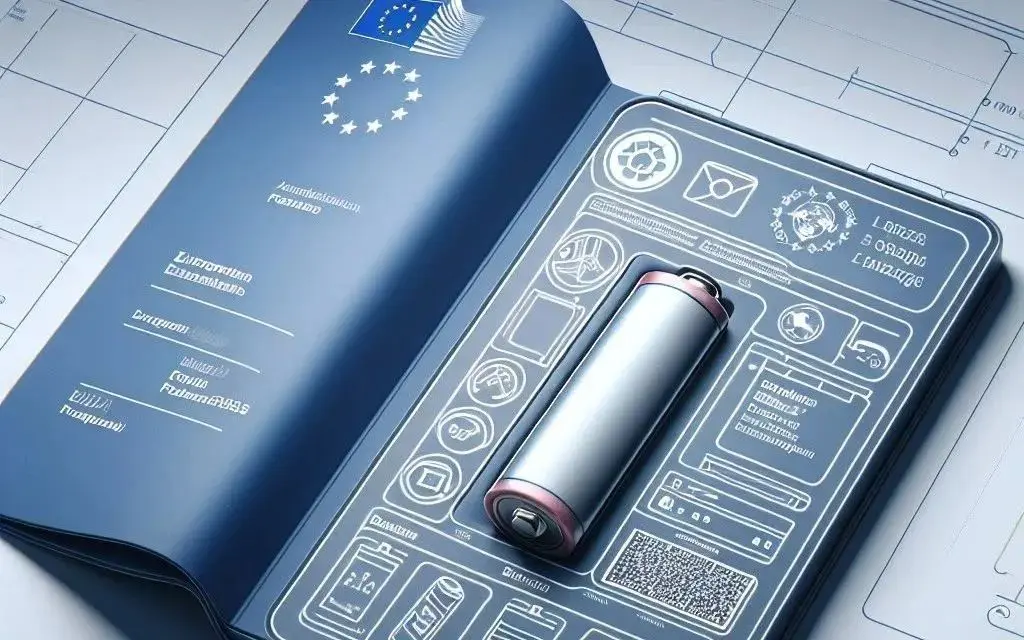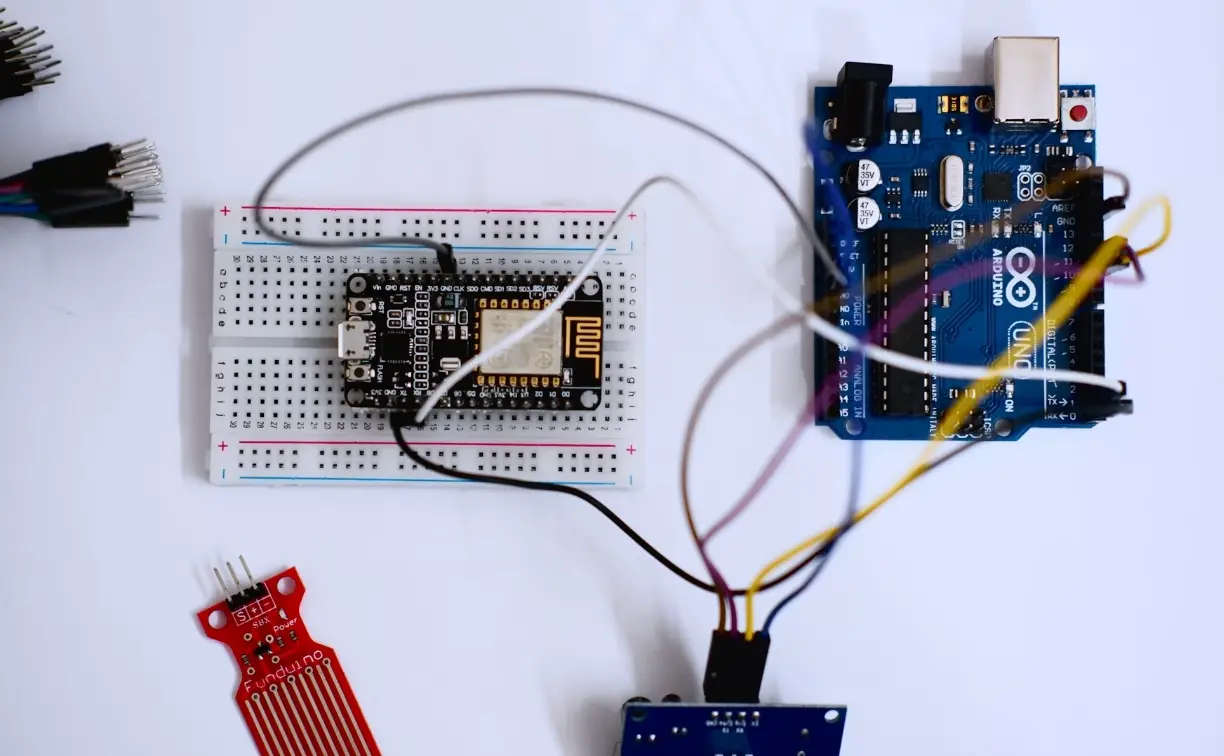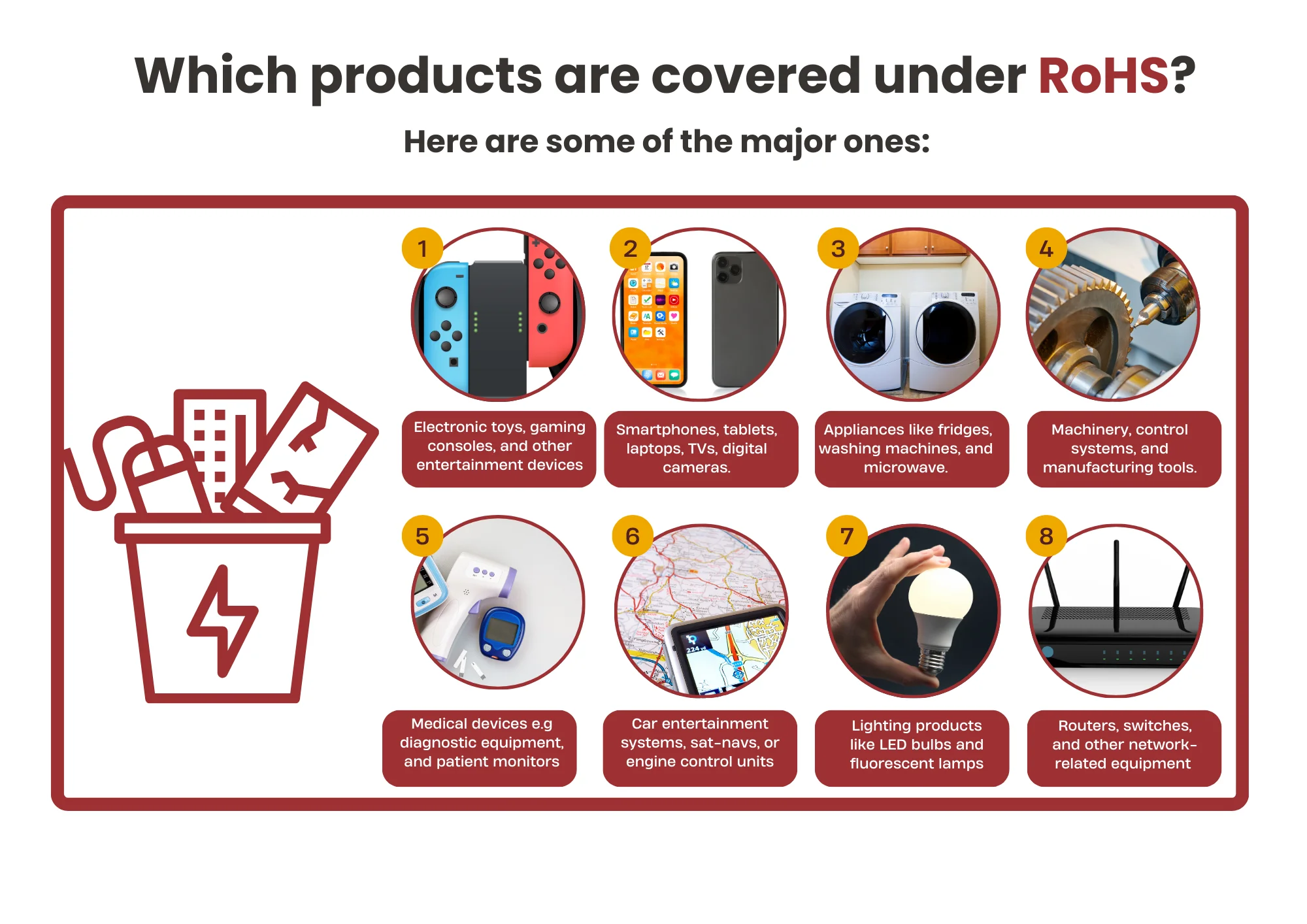
IEC EN 60601-1 Battery Compliance Certification Testing
With the rapid development of medical electrical equipment towards portability and intelligence, the application of battery-powered devices in areas such as surgical instruments, monitors, and ventilators is becoming increasingly widespread. To ensure the safety of these devices, the IEC EN 60601-1 standard imposes stringent compliance requirements for battery systems. This article provides an in-depth analysis of the core content, certification process, and key challenges in battery testing under this standard.

Overview of the IEC EN 60601-1 Standard
IEC 60601-1 is the globally recognized safety standard for medical electrical equipment, and its European version, EN 60601-1, is a mandatory requirement for CE certification in the European Union. This standard covers the basic safety and essential performance of equipment, with particular attention to the reliability of battery-powered devices under abnormal conditions.
Scope of Application
- All medical electrical equipment (ME equipment) and rechargeable battery systems
- Includes but is not limited to: portable monitors, implantable devices, portable ultrasound, etc.
Core Content of Battery Compliance Testing
Battery system testing must meet four dimensional requirements: electrical safety, mechanical safety, environmental adaptability, and risk management.
Electrical Safety Testing
- Overcharge/Overdischarge Protection: Verifies the battery management system (BMS) protection mechanism when the voltage exceeds the rated level.
- Short Circuit Testing: Simulates a short circuit at the battery output to check whether a fuse or isolation is triggered.
- Temperature Rise Testing (Clause 11): Ensures the battery temperature does not exceed the limit (typically ≤75°C) during charging and discharging.
Mechanical Safety Testing
- Vibration and Shock Testing (Clause 15): Simulates mechanical stress during transportation and usage, testing the structural integrity of the battery.
- Compression Testing: Assesses the explosion-proof performance of the battery under extreme mechanical pressure.
Environmental Adaptability Testing
- High and Low Temperature Cycling (-20°C to +55°C): Verifies the battery's capacity retention under extreme temperatures.
- Humidity Testing (93% RH): Tests the battery's sealing and anti-corrosion capability.
Risk Management Requirements (ISO 14971)
- Requires submission of Failure Mode and Effect Analysis (FMEA) for the battery, including risk control measures for thermal runaway, leakage, etc.
Key Steps in the Certification Process
1. Technical Documentation Preparation
- Battery specification sheets, BMS circuit diagrams, FMEA reports
- Declaration of Conformity (DoC) and label information
2. Third-Party Laboratory Testing
- Contact Chinese JJR Laboratory for testing
- Typical testing cycle: 6-8 weeks (including rectification time)
3. Risk Management Review
- Must demonstrate that all foreseeable risks have been reduced to an acceptable level (ALARP principle)
4. Certification Acquisition and Maintenance
- Upon passing, CE certification is granted, typically valid for 5 years
- Design changes require a re-evaluation of the battery system's compliance
Achieving IEC EN 60601-1 battery compliance certification is not only a mandatory requirement for market access but also a technical foundation to ensure the safety of medical devices. Manufacturers must engage in compliant design from the early stages of development, combining risk management thinking to balance innovation and safety in the highly competitive market.
Email:hello@jjrlab.com
Write your message here and send it to us
 UL Compliance and ETL Certification for LED Lighti
UL Compliance and ETL Certification for LED Lighti
 What is the IEC 60598 Standard?
What is the IEC 60598 Standard?
 What is the Canada IC Logo?
What is the Canada IC Logo?
 EMC Pre Compliance Testing
EMC Pre Compliance Testing
 PAHs Testing (Food and Textile)
PAHs Testing (Food and Textile)
 Where to Apply for the EU RoHS Test Report?
Where to Apply for the EU RoHS Test Report?
 Children’s Products and Toy Testing
Children’s Products and Toy Testing
 What is a GB 31701 Test Report?
What is a GB 31701 Test Report?
Leave us a message
24-hour online customer service at any time to respond, so that you worry!




